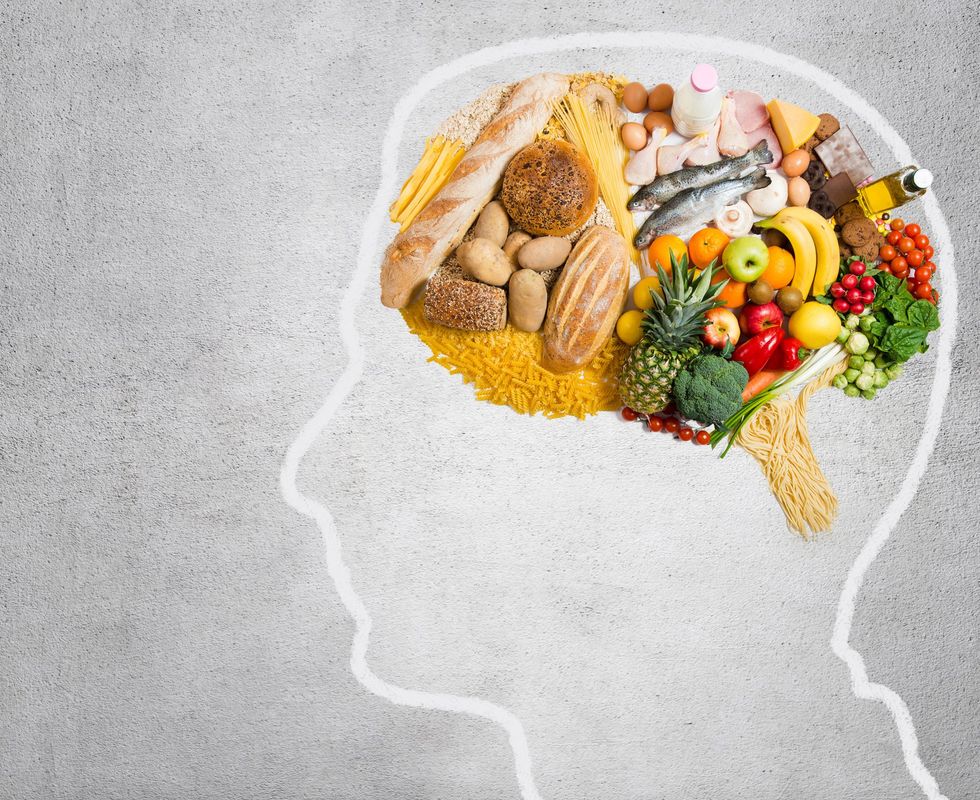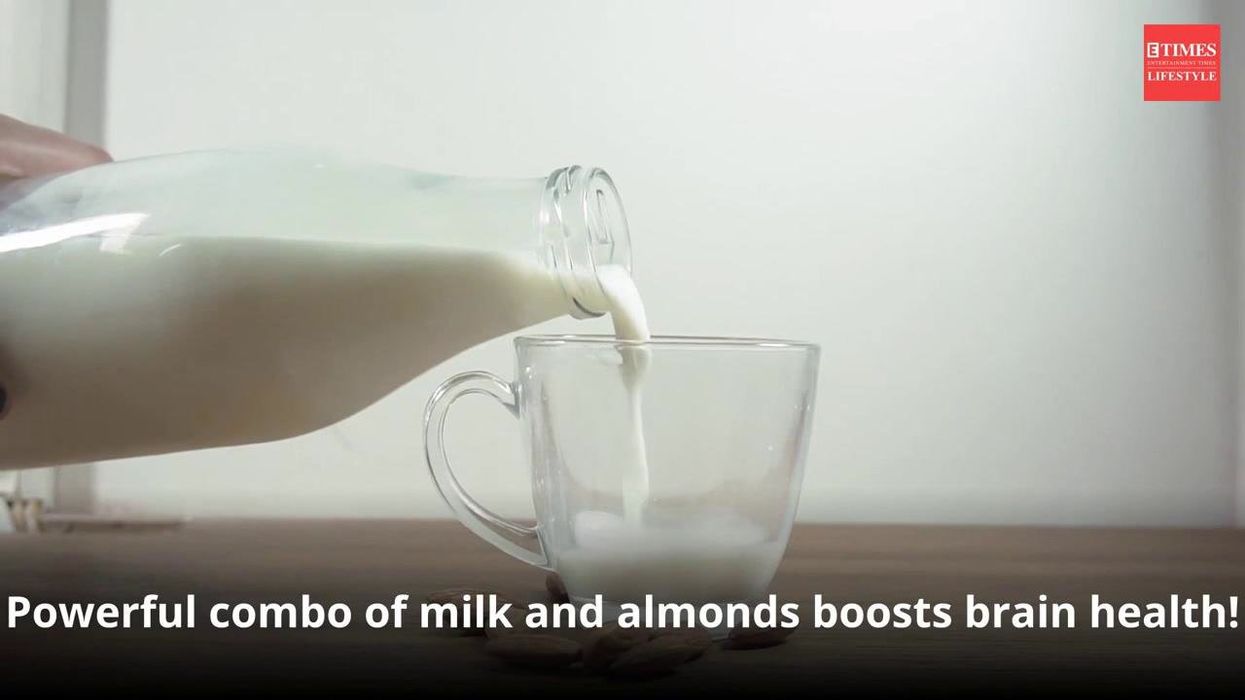Becca Monaghan
Sep 23, 2024
Homecooked Meals Key to Brain Health, Experts Suggest
Times of India - English / VideoElephant
It's no surprise that the food people eat can have an impact on the brain, but now, a new study has revealed an association between a lower risk of cognitive impairment and those who follow the MIND diet.
"With the number of people with dementia increasing with the ageing population, it's critical to find changes that we can make to delay or slow down the development of cognitive problems," author Dr Russell P. Sawyer, of the University of Cincinnati in Ohio and member of the American Academy of Neurology, said in a statement.
"We were especially interested to see whether diet affects the risk of cognitive impairment in both Black and white study participants."
Here's everything we know:
What is the MIND diet?
The MIND diet is a combination of the Mediterranean diet and the Dietary Approaches to Stop Hypertension (DASH) diet.
It consists of leafy greens including spinach and kale among other veggies. There is a focus on whole grains, fish, poultry, olive oil and nuts and prioritises berries over other fruits.
It advises to have one or more servings of fish per week.

How did they conduct the MIND diet study?
The study, published in American Academy of Neurology, looked at 14,145 people with an average age of 64. A total of 70 per cent of them were white, and 30 per cent were Black.
They followed the participants for around 10 years and asked them to complete a questionnaire about their diet over the last 12 months.
Researchers looked at how closely their diets resembled the MIND diet, and measured thinking and memory skills at the beginning and end of the study while adjusting for various factors including sex, age, race, underlying health conditions and lifestyle factors.
What did the study reveal?
The team of researchers found an association between those who consumed diets closely tied to the MIND diet and a decreased risk of cognitive impairment for female participants - with a six per cent decreased risk. Interestingly, not for male participants. There was also no difference between Black and white study participants.
The study suggested a slower rate of cognitive decline for those who had closer ties to the MIND diet. That association was stronger in Black participants than in white participants.
"These findings warrant further study, especially to examine these varying impacts among men and women and Black and white people," Dr Sawyer said, "but it's exciting to consider that people could make some simple changes to their diet and potentially reduce or delay their risk of cognitive issues."
How to join the indy100's free WhatsApp channel
Sign up for our free Indy100 weekly newsletter
Have your say in our news democracy. Click the upvote icon at the top of the page to help raise this article through the indy100 rankings.
Top 100
The Conversation (0)














